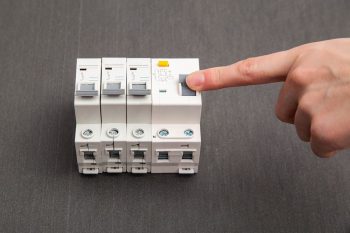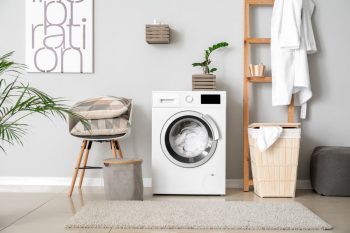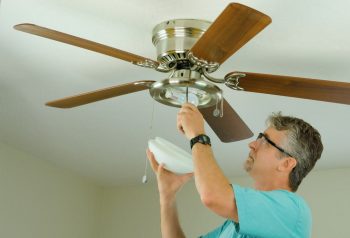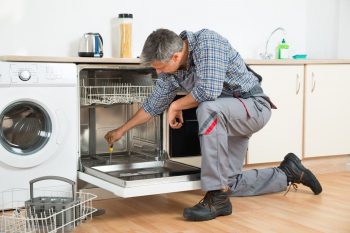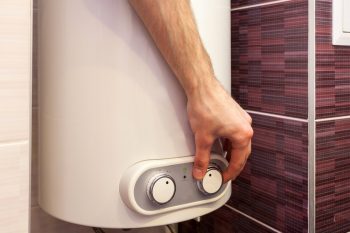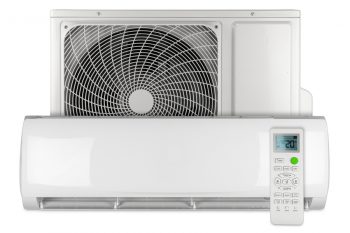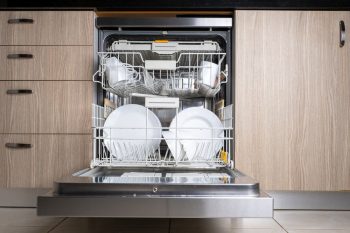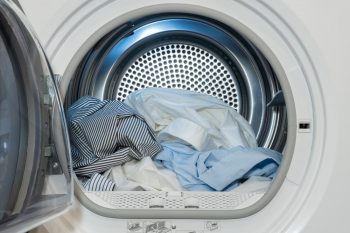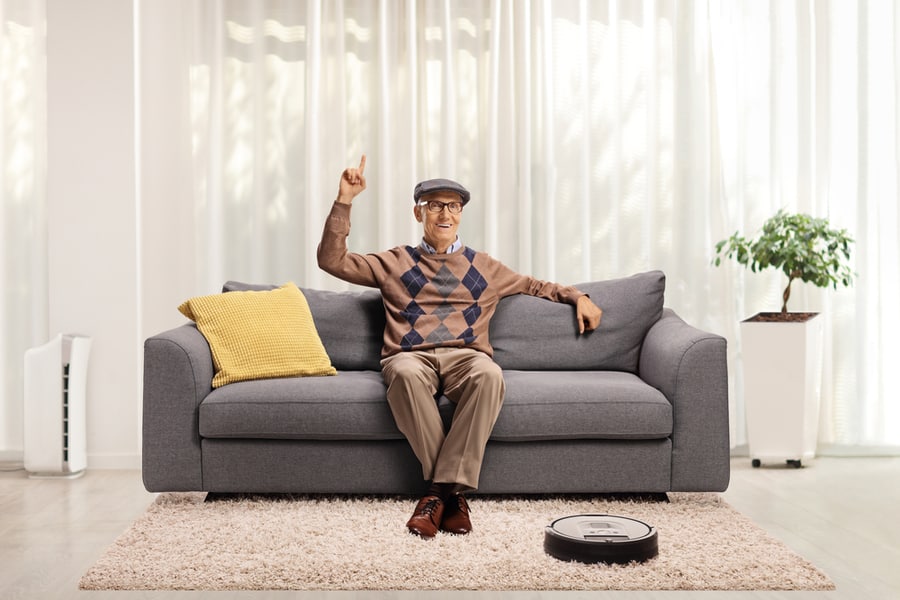
The Roomba is perhaps the most remarkable domestic innovation of the past few decades. Relieving homeowners of the need to clean sticky, dirty, dusty floors constantly, the Roomba works tirelessly to vacuum all sorts of messes.
But just how long can these nifty cleaning robots keep up the job?
You can’t expect a tiny appliance that runs every day to last more than a few years. There will come a time when you’ll have to retire your cleaning companion. But exactly how many years does a Roomba last before it’s time to find a replacement?
- Roombas last an average of 2-3 years.
- Lots of factors can affect how long a Roomba will last.
- While proper care and use can extend its lifespan, a Roomba will still need replacing after its usable lifespan has lapsed.
The life expectancy of a Roomba depends on a wide range of factors. So the exact number of years isn’t exactly set in stone. Nevertheless, there are some things you can do to help extend the lifespan of your trusty floor-cleaning sidekick.
How Long Is the Life Expectancy of a Roomba?
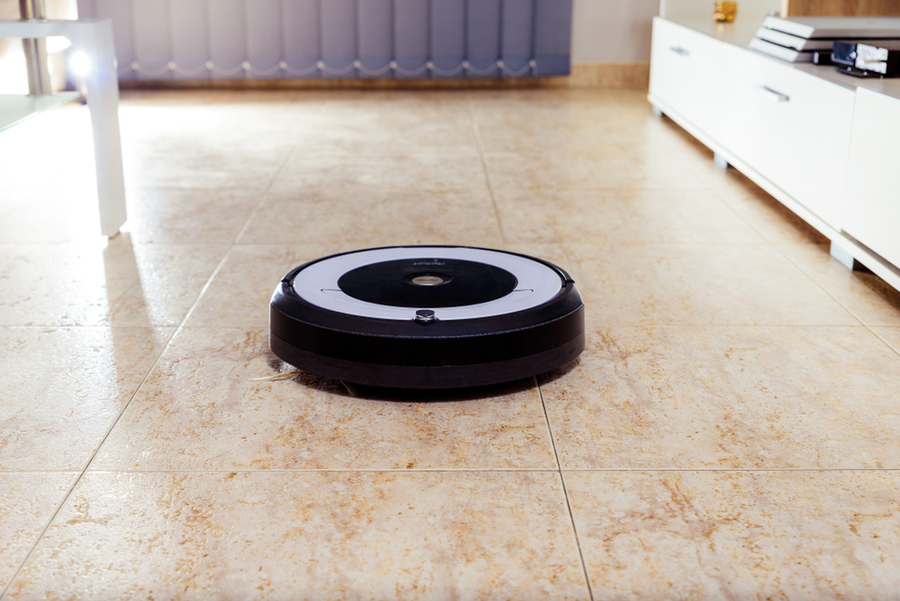
Roombas can last an average of two years, but certain factors can affect their longevity. For example, specific models, especially high-end options, can last between two and a half to three years versus cheaper alternatives.
Other factors can affect how long your Roomba stays functional. For example, proper maintenance, as well as how many hours a day it operates, can have a significant impact on its lifespan.
Factors Affecting a Roomba’s Lifespan
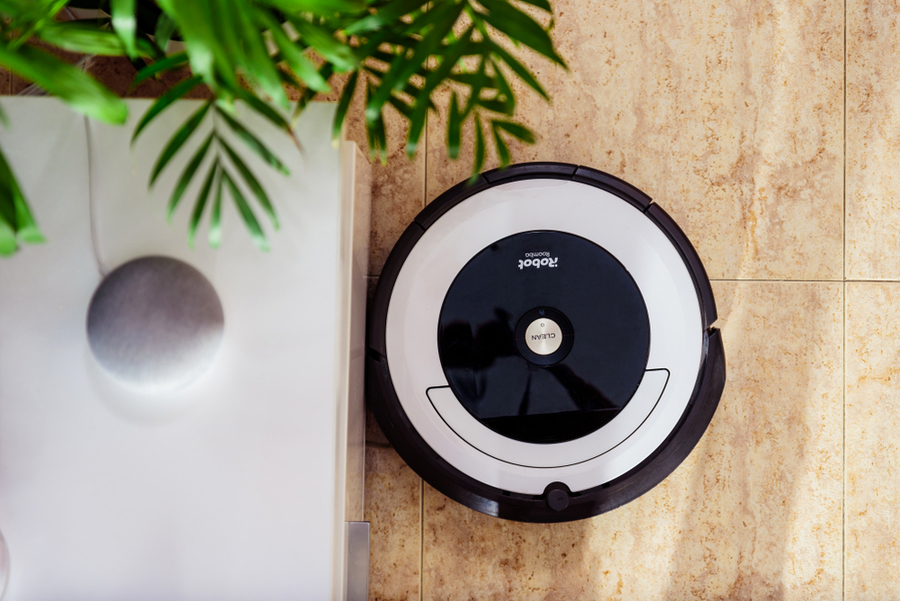
Some Roombas can last longer than others, depending on many factors that directly affect the little cleaning robot’s life expectancy. These include the following:
- Proper maintenance. You might have friends with Roombas that have been around for three or four years. That’s not an accident. They probably do their part to ensure their cleaning companion doesn’t succumb to wear and tear. This includes cleaning the unit and replacing its parts when necessary.
- Floor area target. Roombas that have to clean larger floor areas work more than those only required to pass over a smaller space. Most Roombas will have a battery life of about 60-75 minutes, after which it will return to its base to charge before targeting the rest of the map. If your floor area is too big, your Roomba may have to use up multiple charges to clean the space thoroughly.
- Model. Low-end models have fewer features, smaller batter capacities, and even lighter, less durable materials. Because of this, they may be more prone to damage, wear, and tear. Various reviews online have explored the differences between Roomba models. More often, higher-end options tend to last longer and perform better.
- Storage conditions. The manufacturer strongly discourages owners from keeping their Roombas under direct sunlight. In the same way, humid conditions can cause damage to the delicate electronic components and parts inside the Roomba. In addition, choosing a proper location for the base can help protect the appliance from unnecessary damage.
- Frequency of use. Needless to say, using your Roomba less can help extend its lifespan. If your floors remain relatively clean a few days after a complete cleaning cycle, you might want to defer the following cleaning schedule until necessary. If you don’t plan to use your Roomba, placing it in ship mode can conserve its battery and preserve its lifespan.
Summary
Your Roomba might seem like a reliable workhorse with no limits. But that little vacuum can succumb to wear, tear, and time. Extending its lifespan largely depends on how you use and care for it. Unfortunately, however, while you might be able to push back the need for a replacement, all Roombas will have to be put to rest at some point.
Frequently Asked Questions
When Is It Time To Replace a Roomba?
You’ll notice that it’s time to replace your Roomba when it shows the following signs:
- Frequent errors during operation.
- Inefficient cleaning performance.
- The constant need for repairs and parts replacement.
Similarly, the Roomba manufacturer is constantly coming out with new models. It might be outdated if you’ve had your Roomba for the last two years or more.
How Long Is a Roomba Warranty?
All Roombas come with a warranty of 1 year on parts only. The batteries come with a 6-month warranty. Presently, there is no Roomba model with a lifetime warranty.

